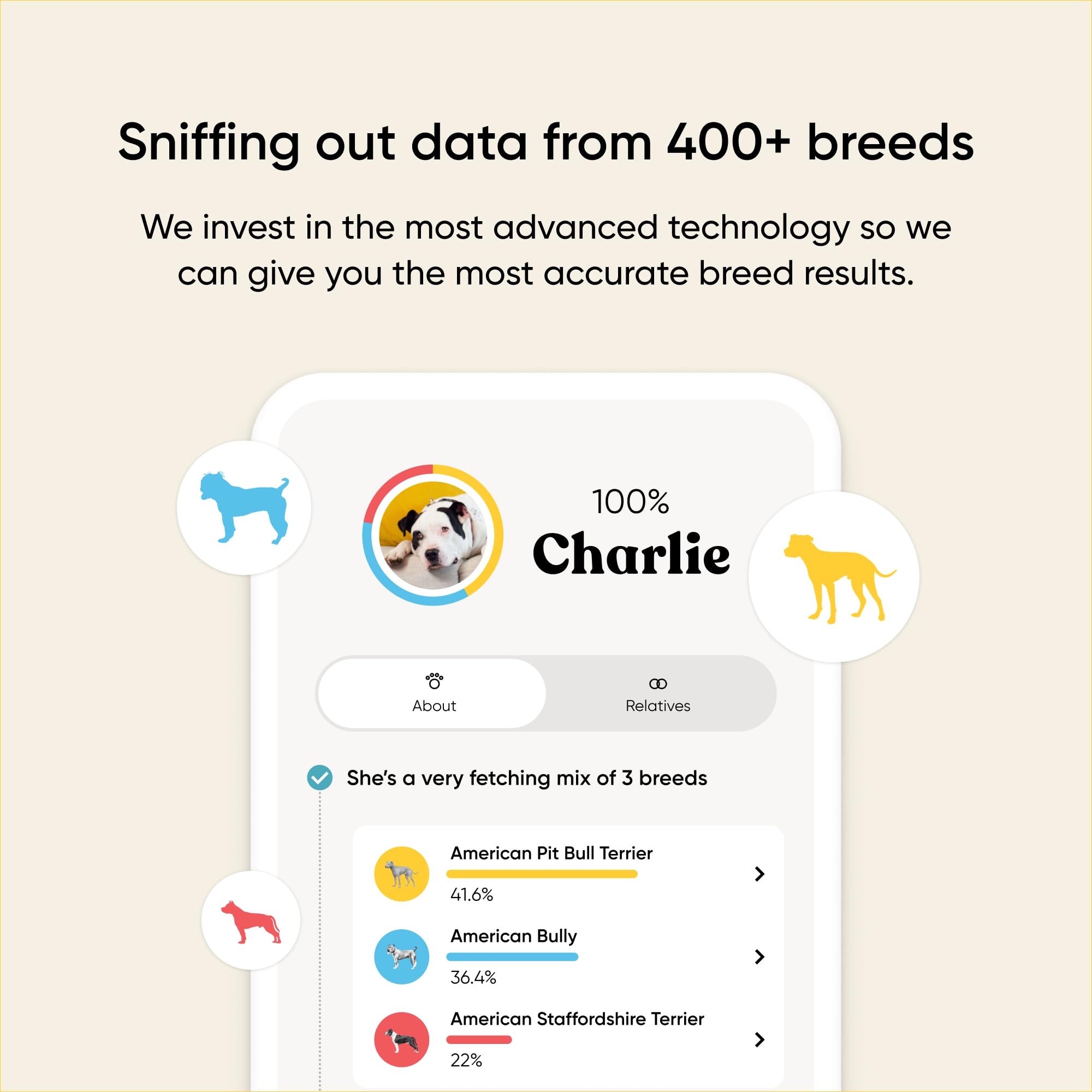Entregar a Paraguay
IPara la mejor experiencia Obtener la aplicación
Servicios al cliente
Sobre nosotros
Copyright © 2024 Desertcart Holdings Limited








🧬 Decode your dog’s DNA, because your best friend deserves the best care!
Embark Breed & Health Kit offers a comprehensive dog DNA test that identifies over 400 breeds, screens for 270+ genetic health conditions, analyzes 55 physical traits, and provides personalized allergy risk scores. With fast 2-4 week results and expert veterinary support, it empowers dog owners to optimize care and connect with their pet’s relatives like never before.





Trustpilot
Hace 1 día
Hace 2 días